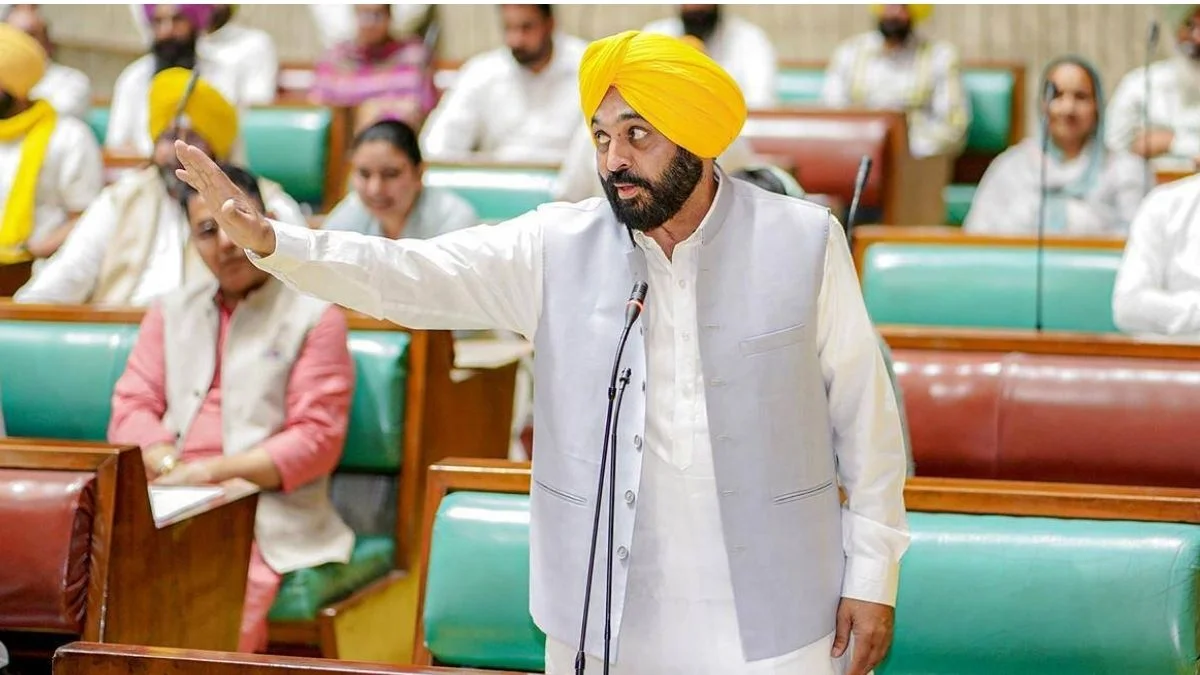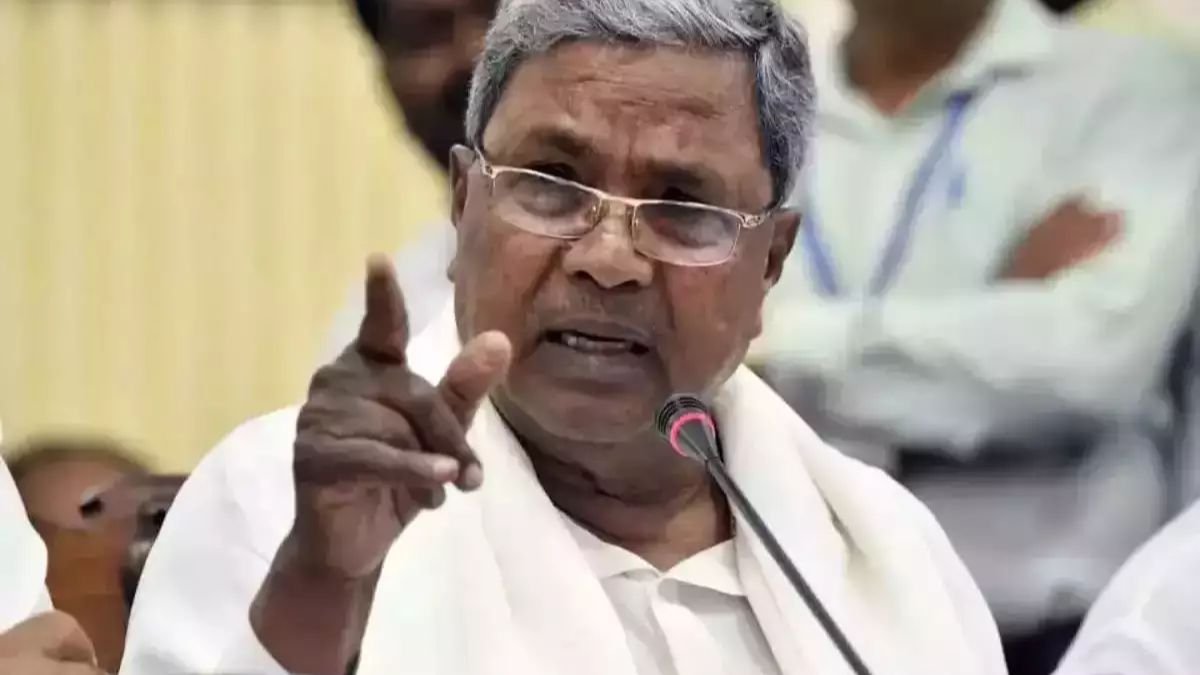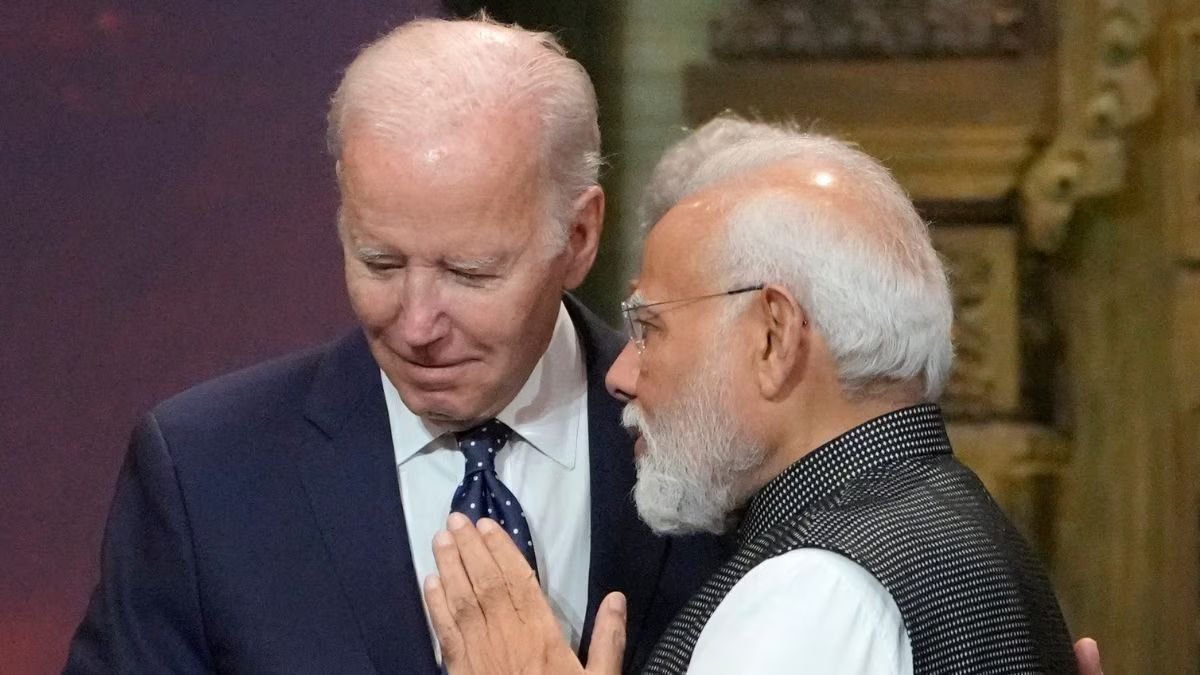Suffering from the Centre’s move, the Punjab Assembly resolution reiterates the state’s claim on Chandigarh

Punjab Chief Minister Bhagwant Mann has accused the Centre of “trying to upset this balance” in the administration of the Union Territory and other common assets through many of its recent actions, which the Punjab Assembly reaffirmed in a resolution it passed on Friday. Chandigarh is shared by Punjab and Haryana. Mann’s resolution was passed by voice vote in the absence of the two BJP legislators who had earlier staged a walkout.
The one-day special session of the Assembly was called just days after Union Home Minister Amit Shah announced that Chandigarh employees would be subject to central service rules. The Ministry of Home Affairs issued a notification on March 29 stating that employees of the Chandigarh UT administration will receive the same pay and benefits as those working for the central government. The retirement age for Chandigarh employees will be raised from 58 to 60 years under the new rules, and women will be entitled to two years of childcare leave instead of the current one year.
Mann, in proposing the resolution, urged the Centre to uphold the principles of federalism enshrined in the Constitution and refrain from taking any steps that would disrupt the balance of the administration of Chandigarh and other common assets.

“The Punjab Reorganisation Act, 1966, reorganised the state of Punjab into the state of Haryana, the Union Territory of Chandigarh, and some parts of Punjab were given to the then Union Territory of Himachal Pradesh.
” Since then, a balance has been maintained in the administration of common assets such as the Bhakra Beas Management Board (BBMB) by allocating management positions in some proportion to nominees from the states of Punjab and Haryana,” Mann said.
According to the CM, the Centre has been attempting to upset this balance with many of its recent actions.
“The Centre has advertised the positions of BBMB members to officers from all states and the central government, whereas these positions have traditionally been filled by officers from Punjab and Haryana.” Similarly, the Chandigarh administration has always been managed by officers from Punjab and Haryana in a 60:40 split, according to the resolution.
Officials from outside Chandigarh have recently been posted, and the central civil service rules they’re following are “completely contrary to previous understandings,” the report says.
Mann reiterated the state’s claim to Chandigarh, saying that the city was established as the capital of Punjab. “Whenever a state has been divided in the past, the capital has always remained with the parent state.” Hence the claim that Chandigarh should be completely transferred to Punjab by Punjab. This House has previously passed a number of resolutions urging the Centre to relocate Chandigarh to Punjab.”
This House once again recommends that the state government raise the issue with the Central government in order to immediately transfer Chandigarh to Punjab in order to maintain harmony and people’s sentiments. “This House also requests that the central government respect the principles of federalism enshrined in our Constitution and refrain from taking any action that may disrupt the balance in the administration of Chandigarh and other common assets such as BBMB,” he said.
Members of the ruling Aam Aadmi Party as well as the opposition, including the Congress, Shiromani Akali Dal, and the Bahujan Samaj Party, supported the resolution, but BJP member Ashwini Sharma was opposed to the proposal. According to Sharma, the resolution is intended to mislead the “innocent people of the state” in order to cover up for the failures of successive governments.

When asked what the Centre did to violate the provisions of the Reorganisation Act, he stated, “From March 1, 1986 to March 31, 1991, the Central Service rules were applicable to Chandigarh employees.” Later, the pay scale in Punjab became more lucrative, and the employees demanded it. The UT employees have sought central rules once more. The sixth pay commission must be implemented if you want those employees to be subject to Punjab law.”
The BJP’s Sharma and Jangi Lal Mahajan later left the meeting because they felt they were not given enough time to speak.
“I guarantee the people of state that I will fight for state rights, whether in Vidhan Sabha or Parliament or on any other platform,” Mann said to the House.
He said that in the coming days, he will seek time from the president, prime minister, and Union home minister to discuss the issue, and he assured the House that Punjab’s case would be strongly presented to them. Punjab’s interests must be safeguarded by all parties, he insisted.








